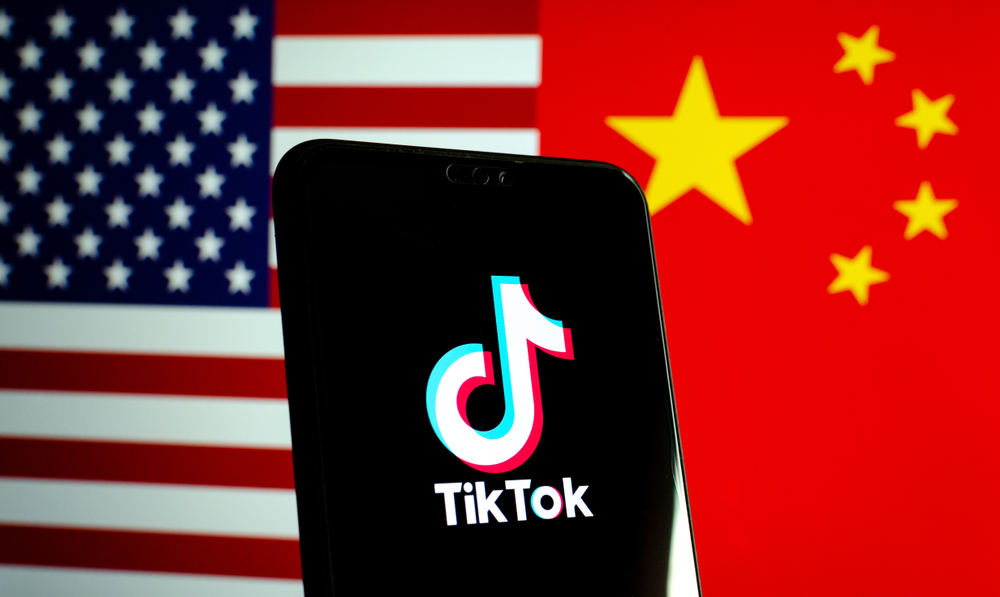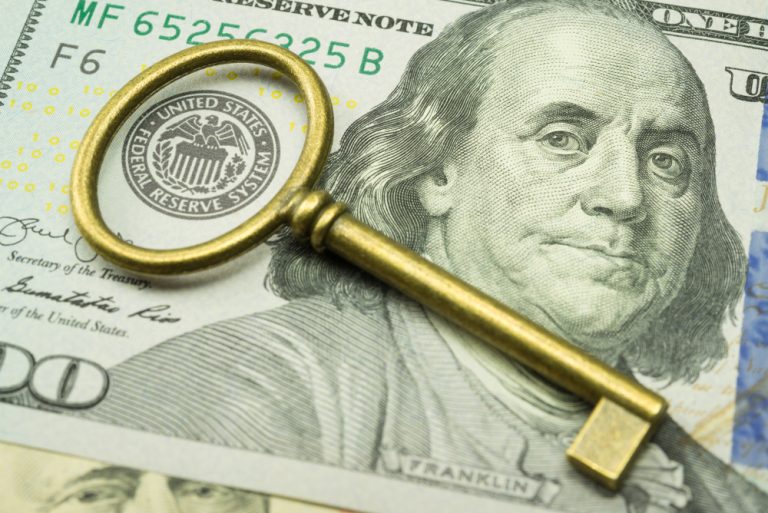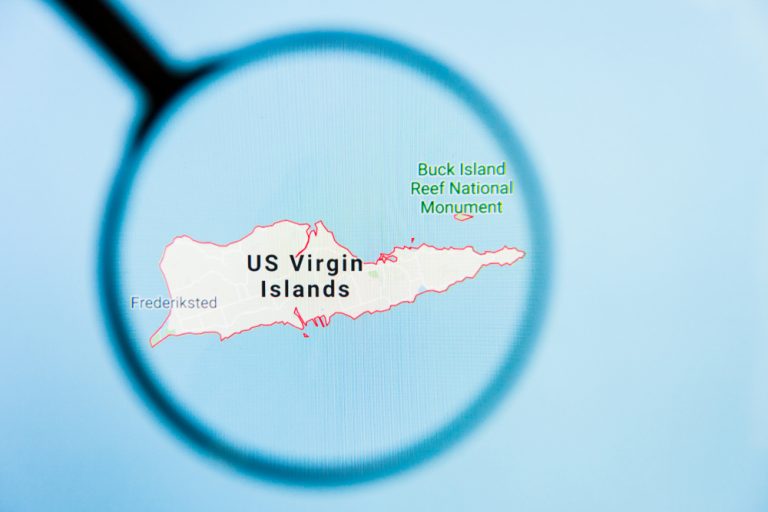
TikTok as a battlefield of the Sino-American front
The fact that the Chinese Communist Party (CCP) manually controls its own media, information companies and social networks is hardly a secret. This was fully demonstrated during the protests in Hong Kong, and in China against severe restrictions during COVID-19 epidemic. Then, orders to pretend that there was no public discontent did indeed come to ByteDance in Shanghai, which owns the largest Chinese social network, TikTok. However, such totalitarian and straightforward ways of governing are also typical for the American establishment, at least in its Democratic part. The method of political struggle with Donald Trump in 2020 turned out to be the same artificial removal of “bad” news from the agenda and promotion of the “right” news. Elon Musk demonstrated this perfectly in his revelations which scared the liberal part of the American elite to death. Democrats have clearly realized that such a powerful information platform as Twitter is no longer under their control and will promote ideas that are “dangerous” to them. The same logic works with TikTok, the only difference being that it is controlled by the Chinese government. That is why this social network has become one of the central objects of confrontation between Washington and the CCP and has been subjected to serious repression and restrictions in the United States.

In mid-December, the Senate passed a bill banning the use of TikTok for government employees. The same ban was confirmed during the adoption of the 2023 U.S. budget, which took place in Congress before the Christmas holidays. Similar laws have already been passed at the level of several states, including Texas. Before being considered, senators explicitly called TikTok a “Trojan horse of the Chinese Communists” and a direct threat to U.S. national security. The issue of blocking TikTok was first raised by Trump back in 2020, but the fear of China proved to be uncommonly unifying for Democrats and Republicans. Today, the issue with the social network has become relevant again because of leaked correspondence from company employees in the U.S., in which they admit that all user data of Americans goes to China. And senior TikTok technical engineers who call themselves “master administrators” have access to them, which resonates very well with Twitter’s chief censors and evokes understandable associations for ordinary Americans.
Congress is also discussing a bill to completely block TikTok in the U.S. and remove its app from the AppStore and Google Play. In turn, TikTok promised to conduct all Internet traffic through the servers of the American corporation Oracle. But this hasty decision may not save TikTok. At the same time, Washington is well aware that the ban on TikTok will cause a huge resonance in society. By proclaiming the supremacy of the ideals of abstract freedom over national interests, democratic propagandists have been advantageously tuning American society in their favor, but they have created a deliberate weakness in the confrontation with China. TikTok is now the fifth most popular social network in the United States, and for American youth it is the main platform – 70% of Americans under the age of 18 use TikTok. Obviously, attempts will soon be made to create an alternative platform in the United States. Such a plan has already been put forward by Elon Musk but given his rather conflicting relations with the White House, its counterpart may be perceived by the Biden administration as almost a bigger threat than the Chinese influence.
Still, these Democratic-Republican conflicts have not greatly improved the situation of this social network. In December, Biden’s Justice Department proposed, in addition to all the penalties, to force TikTok’s owner, the Chinese company ByteDance, to sell its American assets, preferably to American buyers. The American president has all the power to put political pressure on TikTok, demanding a change of ownership under the threat of a complete ban on the company’s operations in the United States. Moreover, there are already precedents of Chinese companies being forced to give up assets in the United States. For example, in 2015, Chinese energy companies were forced to sell their wind farms. If TikTok does not agree with this formulation of the issue, then direct repressive tools in the form of blocking through the AppStore and Google Play will be included. All these formalities are forced, and Washington would have long ago blocked TikTok, if it was not super-popular and was not used by about 100 million Americans, who may be extremely unhappy with the network shutdown.

In the event that an agreement cannot be reached with TikTok and the U.S. decides to block it, the authorities will quickly try to create an American alternative to TikTok, which must be “correct” in terms of domestic policy. Of course, the easiest solution would be to take away the social network completely in a ready-made form, which is what Washington will focus its efforts on in the coming years. However, actions against the Chinese social network can be different, including the mildest, as we must consider that even in the U.S. division of TikTok there are representatives of public organizations, funded by NATO and the State Department. It is indicative that no real severe restrictions have been imposed on TikTok in the United States so far, although many in Congress hope to block its application for all Americans within the next year. But it is likely that TikTok will be punished extremely severely. Washington is very sensitive to the fact that not only the NSA, but also Chinese intelligence has access to American data, and to extinguish this jealousy will try to do everything possible to make TikTok repeat the fate of Huawei. The Biden administration doesn’t need a second Twitter, especially a foreign one.

